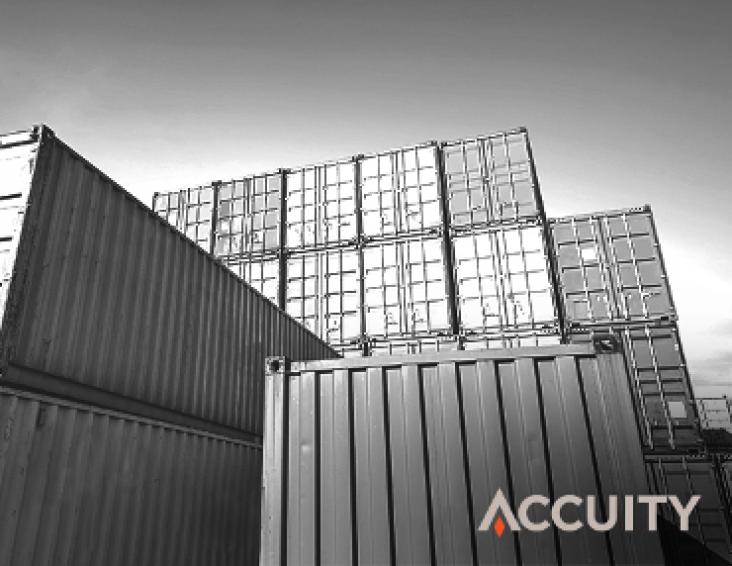
For the rule of law to be effective, there must be equality under the law, transparency of law, an independent judiciary and access to legal remedy. Yet about 57% of the world's population lives outside the shelter of the law. This presentation and training video demonstrates how advancement of the rule of law benefits economic prosperity and advancement of society and what role businesses and lawyers can play to advance SDG 16.3 to promote the rule of law at the national and international levels and ensure equal access to justice for all.
The UK's Modern Slavery Act 2015 aims to make businesses accountable for forced labour in their supply chains: large organisations with a presence in the UK are required to produce an annual ‘slavery and human trafficking statement’ detailing the action they have taken. A report from Ergon Associates shows that the majority of statements already submitted are lacking in key information and meaningful action. The Act directly addresses SDG 8.7 to eradicate modern slavery and human trafficking by 2025.
The LexisNexis Human Trafficking Awareness Index™ highlights emerging trends and patterns of awareness within and across national borders. The Index uses the respected Nexis® service to track and analyse the volume of articles related to human trafficking. These insights assist activists working to combat human trafficking and contribute to the advancement of SDG target 8.7 to eradicate forced labour, end modern slavery and human trafficking by 2025.
The UK Modern Slavery Act 2015 requires organisations to produce an annual slavery and human trafficking statement. This video explains the requirements on you if you carry out any part of your business in the UK and turnover more than £36M globally. This directly aligns with SDG 8.7 to eradicate forced labour, end modern slavery and human trafficking and SDG 16.3 to promote the rule of law and international levels and ensure equal access to justice for all.

The 2016 report by the Hong Kong Association of Banks (HKAB) into trade-based money laundering ups the momentum to improve anti-money laundering and counter terrorist financing. Such actions will contribute to the advancement of SDG 16.4 to significantly reduce illicit financial and arms flows, strengthen the recovery and return of stolen assets and combat all forms of organized crime.
Amnesty International’s recent report on child labour in supply chains reported children as young as seven working in cobalt mines in the Democratic Republic of Congo. Cobalt is used in mobile phone batteries and Amnesty accuses several global electronics brands of failing to do basic supply chain checks. Raising awareness of child labour issues can help in advancing SDG target 8.7 to eradicate forced labour, end modern slavery and human trafficking by 2025.
Linking to Goal 16, this webinar focuses on private sector engagement in humanitarian action and advancing the SDGs by supporting peace.
Linking to Goal 16, this report helps investors who wish to see meaningful progress in their engagements as well as companies that want to stay ahead of the curve, to manage and minimize risks associated with bribery and corruption.
Linking to Goal 10 and Goal 16, this report outlines ways in which business can help uphold children’s rights and support and promote their well-being during humanitarian crises.
Linking Goal 10 and Goal 16, this report highlights the linkages between human rights and anti-corruption compliance and how companies can benefit from integrating these considerations in their compliance programs.
